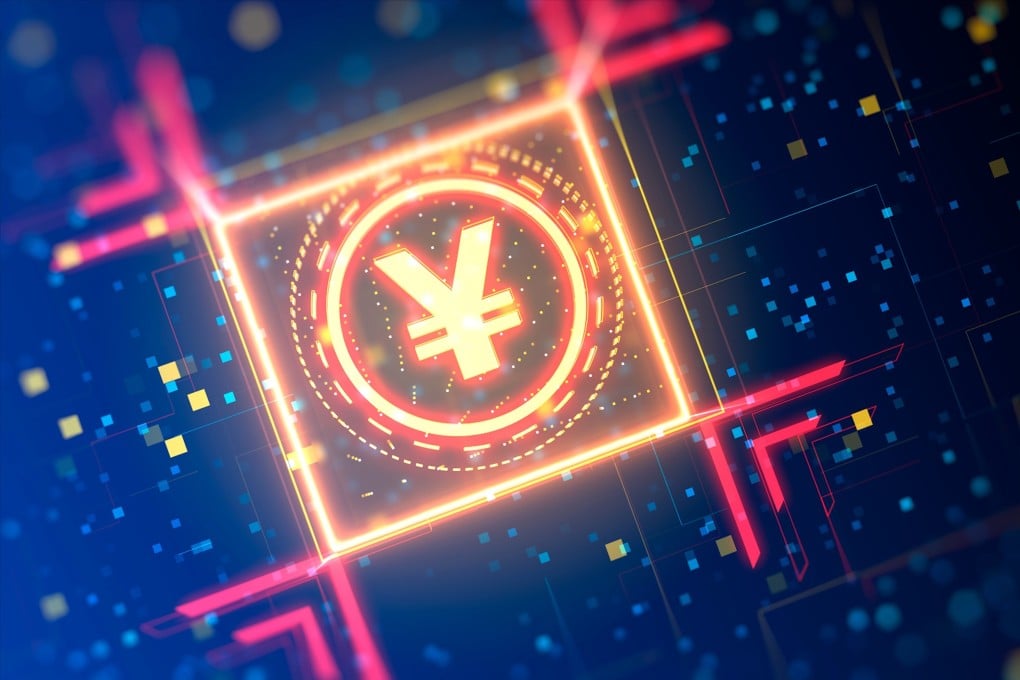China’s Shenzhen giving away millions in sovereign digital yuan to test technology and boost consumption
- Winners will be announced on Sunday and can receive their digital ‘red packet’ by opening an e-wallet via official app
- The payouts can be used to make purchases at 3,389 designated shops in Luohu district from Monday

China’s fastest-growing city will start giving local residents 10 million yuan (US$1.47 million) worth of the country’s new sovereign digital currency via a lottery this weekend – the latest move in a series of trials to test and promote the new digital yuan.
Officials in Luohu district, Shenzhen, just across the mainland border from Hong Kong, are also hoping the handouts will spur local consumption.
Luohu will distribute a total of 50,000 digital “red packets” – gift envelopes traditionally given out during holidays and special occasions – with each containing 200 yuan (US$30). Any Chinese citizen living in Shenzhen can register for the lottery through iShenzhen, a blockchain-based public services application operated by the Shenzhen government.
Winners will be announced on Sunday and can receive their red packet by opening an e-wallet via the official Digital Renminbi App, according to a statement by the Shenzhen government on Thursday night. The app is not yet available for public download, and it will be accessible via a link sent to the lottery winners.
The red packets can be used to make purchases at 3,389 designated shops in Luohu from October 12-18. They cannot be transferred to other individuals, nor into a regular bank account, the statement said.